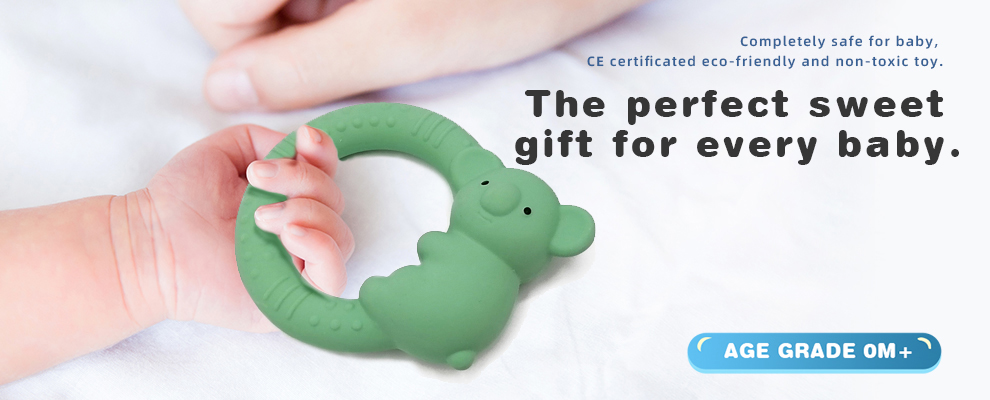new How to process the SAP extracted from rubber trees into rubber materials?

First, a worker uses a special tool to scrape a slit in the rubber tree. Soon the white liquid in the heart of the tree begins to drip down the wound into the ceramic pot below. This is a rubber plantation in Thailand, where thousands of rubber trees grow to provide a continuous supply of raw rubber for the factory every year. After six hours of collecting, the workers put all the branches into the container and then added a percentage of acetic acid. When the rubber liquid is mixed with the strong corrosive liquid, it will soon be condensed into a plastic paste.
Second, the next workers to put them in the rolling machine, press into a thick and thin uniform rubber skin shape, followed by hanging in the outdoor natural drying for a few hours, until the color of the rubber sheet becomes yellow, the texture becomes more thick, you can collect the rubber sheet unified, followed by the cleaning line next to do pre-processing cleaning. Next, the torn pieces of rubber are soaked in the cleaning tank for half an hour, until the various impurities attached to the rubber surface are thoroughly softened, then they are sent to this professional washing equipment, using the machine's internal steel brush device to wash off any dust and impurities that may affect the finished rubber, and finally hung on the drying rack, waiting for the next step of the processing process.
Third, next, in order to prevent the rubber from moldy due to excessive moisture, the rubber sheet after cleaning will be baked in this smoke house for three days and three nights, until all the moisture is thoroughly dried, it can be sent to the manual sorting, which is divided into several different grades according to the color, texture and integrity of the rubber sheet. Finally, the sorted rubber pieces are placed in the mold, and then squeezed into a cube by a hydraulic device that meets international packaging standards. Before they are shipped in containers around the world, workers spray a layer of liquid calcium carbonate on the surface of the rubber to ensure that all the rubber is not damaged by mold growth before it is made into various tires or accessories.
